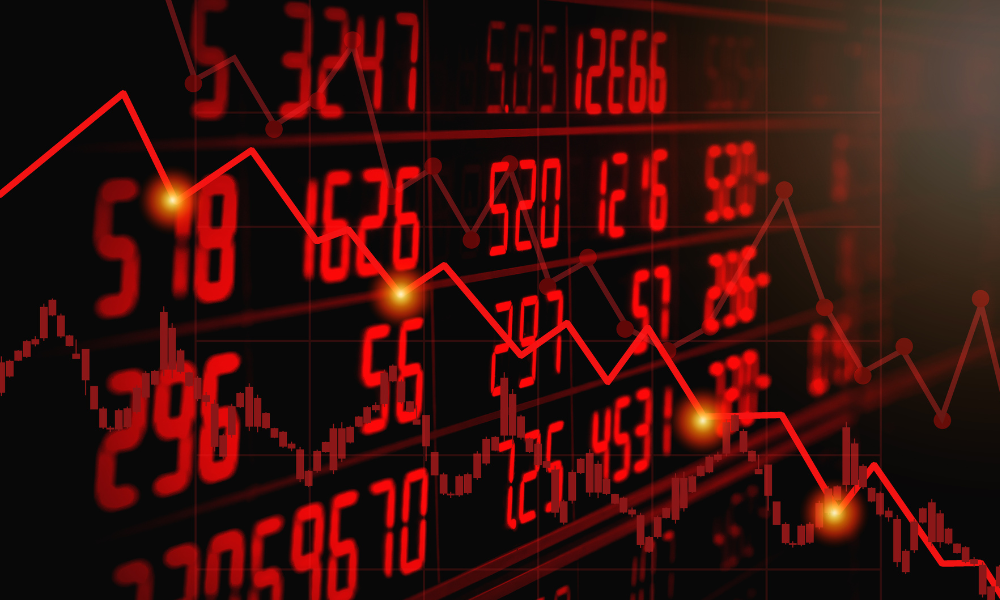Inflation numbers could prove instructive for the next Bank of Canada meeting

Canada's Consumer Price Index (CPI) growth slowed significantly in April. CPI fell to 1.7 per cent last month, following a 2.3 per cent increase in march. Despite that sudden cooldown, it was slightly higher than the 1.6 per cent predicted by economists before the announcement from Statistics Canada.
The sudden drop in inflation can largely be attributed to the end of the consumer carbon tax, which was cancelled in early April. Gas prices fell 18.1 per cent year over year in April, according to Statistics Canada, largely as a result of that tax cut, as well as global factors influencing production and demand for oil. Natural gas prices also came down by 14.1 per cent annualy in April. Excluding energy, CPI rose 2.9 per cent in April, after a 2.5 per cent rise the month prior.
Groceries were a major source of higher inflation in April, rising 3.8 per cent annually. Grocery prices had risen at a 3.2 per cent annualized rate in March. This is the third consecutive month of grocery prices rising faster than the all-item CPI.
Travel tours were also highlighted by Statistics Canada as a driver, with a 6.7 per cent increase, that follows a 4.7 per cent decline in March.
Quebec experienced the highest inflation in April as the province's cap-and-trade system meant it wasn't impacted by the removal of the carbon tax.



